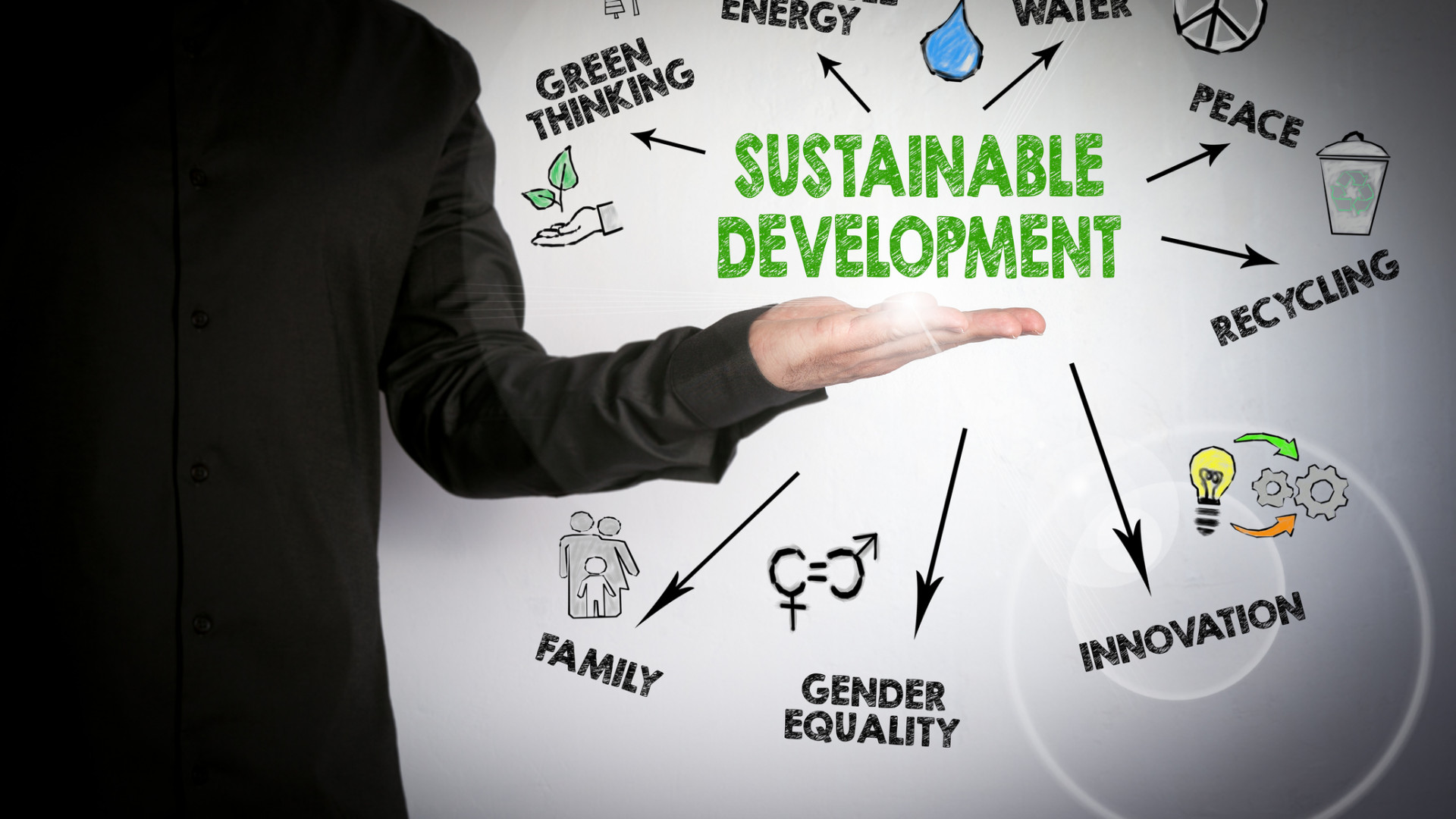Response & responsibility
Last month we reflected on the unlikely juxtaposition of agile Covid responses and the continuing evolution of corporate responsibility, looking primarily through the lens that pandemic factors forced on organisations.
This month, we take a broader look at the slower moving arc of corporate attitudes to observe that the tide towards authenticity and striving to do the right things for humanity are completely commonplace and unrelenting.
There is no doubt that annual reporting is getting more sophisticated, more nuanced, and the outcome of much richer and deeper thought processes. Companies really want it to be understood that they are taking a much broader approach than pure profit generation – that all their activities need to be undertaken without detrimental impacts on people or planet. And they are going to great lengths to deeply measure, mitigate and communicate a genuine laser focus on responsibility.
That sense of responsible purpose is being driven at board level and is now seeping demandingly into the deepest corners of organisations to strongly influence corporate perception, employee comfort and engagement, and recruitment competitive advantage.
Boards are, in turn, responding to the new mindsets of their peers and institutional and fund management investors who are displaying higher and higher expectations of corporate behaviour and reporting on these matters – and want credible evidence. They are looking for long term assurance of their investments and want thorough assessments of previously unconsidered risks.
Rigour and taxonomy
The terminology used today has evolved along with the increasing rigour of the subject mattter. The old CSR (corporate social responsibility) content was fairly broad and loose and could rely on motherhood statements and less on impact measurement. This morphed gradually into Sustainability – and it took a while for that term to broadly carry the richness of ‘business sustainability’ beyond its original ‘environmental’ connotation. And while Sustainability is still du jour, even this has evolved more now to ESG (Environment, Social and Governance) - a more granular, targeted, measurable and rigorous version of essentially the same thing, but that also carries the additional notion that board governance is being peer-assessed and held to account to a much higher level than ever before.
State of the (r)evolution
As a result, reporting is now a very thorough and holistic view of the whole business, and how activities and behaviours impact on all stakeholder groups. This in turn now means that the annual report is now scrutinised by more than investors – staff, media, broader public, supply chain and customer groups, and environmental watchers all now show a deep interest in what a company has to say each year, and how credibly they say it.
And, because it’s the formal annual corporate statement, signed off at board level, it is seen as the closest utterance of the truth that they will glean from the company each year.
The more readers grasp the fundamentals, the deeper they want to dig
All this is evolving further as things become even more nuanced – towards a more sophisticated understanding about the trade-offs that any organisation must contemplate and balance in order to achieve the greatest broad-based value for all stakeholders at the least detriment to all resources. It’s where a company elects to settle on the sliding scale between value-accretion and value-depletion that is the judgement call that stakeholders are assessing. For example, higher productivity and revenue may well require the use of more non-renewable natural resources, or have greater negative effects on the natural world, or have negative impacts on the wellbeing and life balance of employees.
In all, the evolutionary steps that I have tabulated throughout this article, when viewed in aggregate over the past five years, suggest that what we have quietly witnessed is in actual fact, a revolution.

